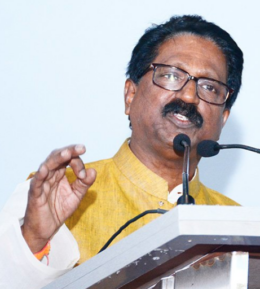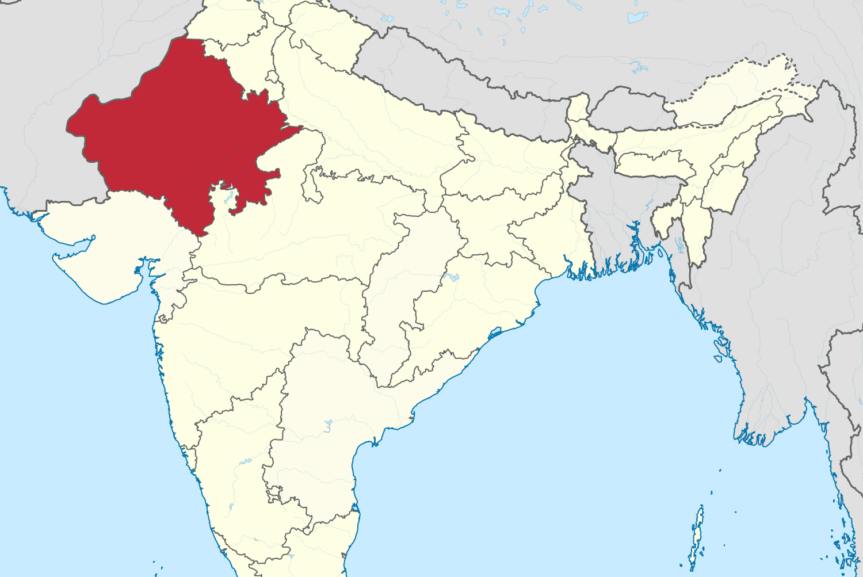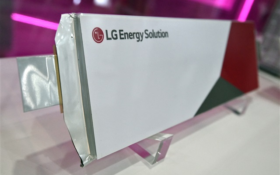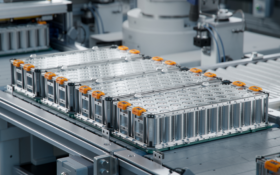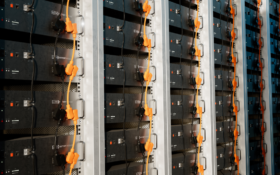India has called on auto industry bosses to help tackle battery waste and come up with proposals to recycle more of the raw materials needed for electric vehicle (EV) batteries.
Heavy industries minister Arvind Ganpat Sawant told a business leaders conference on electric mobility that while the government is subsidising the introduction of EVs, more R&D was needed into reducing the cost of metals and chemicals used to manufacture batteries.
Sawant told The Associated Chambers of Commerce & Industry of India that the country’s auto industry should help plan for battery waste disposal and to ensure sustainable supplies of battery materials.
India has yet to introduce regulations on scrapping electric vehicle batteries, but the minister likened the rising popularity of EVs to the “IT boom that led to the problem of e-waste”.
“India must now think in terms of battery waste disposal,” Sawant said. “Let us come up with a proposal to (deal with) battery waste, because we want to create a pollution-free country and pollution from battery waste should not be there.”
On incentives for EV and battery manufacturers, Sawant said “we are here to give support to all, first for mass transportation”. On infrastructure, he said there was a need to push ahead with installing solar-powered EV charging stations.
Sawant said battery-powered transportation would benefit the wider economy, noting that India’s auto industry had historically generated around 7% of gross domestic product— “but in the recent past we have seen a decline”.
But Sawant warned that a shift away from the internal combustion engine sector would mean job losses “because EVs require fewer components and less labour”.
“In this regard, you are the people who can guide me as to how to go ahead, because we also need to generate employment in India.”
Meanwhile, Sawant said a recent call for expressions of interest offering incentives to provide 5,000 electric buses for selected cities— under phase two of the government’s Faster Adoption and Manufacturing of Hybrid and Electric Vehicles (FAME) scheme— was oversubscribed with proposals for 15,000 vehicles.
BEST Battery Briefing reported last month that the Tata Group was said to have pledged INR4,000 crore (US$600 million) towards building a lithium-ion battery manufacturing plant in Gujarat, India.

